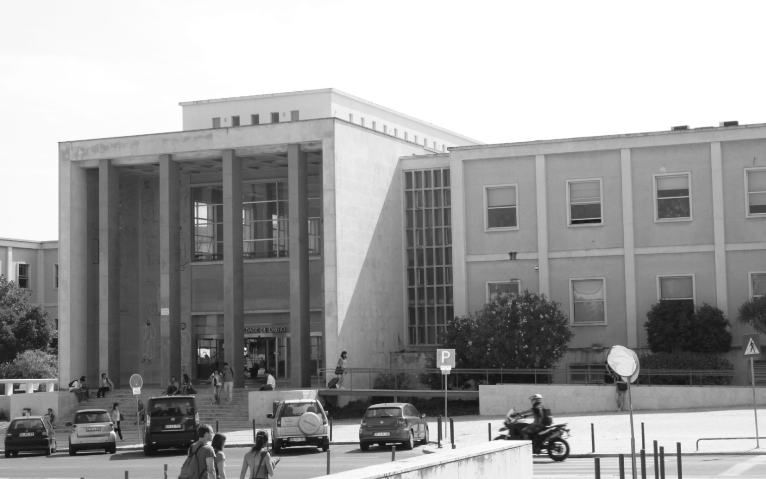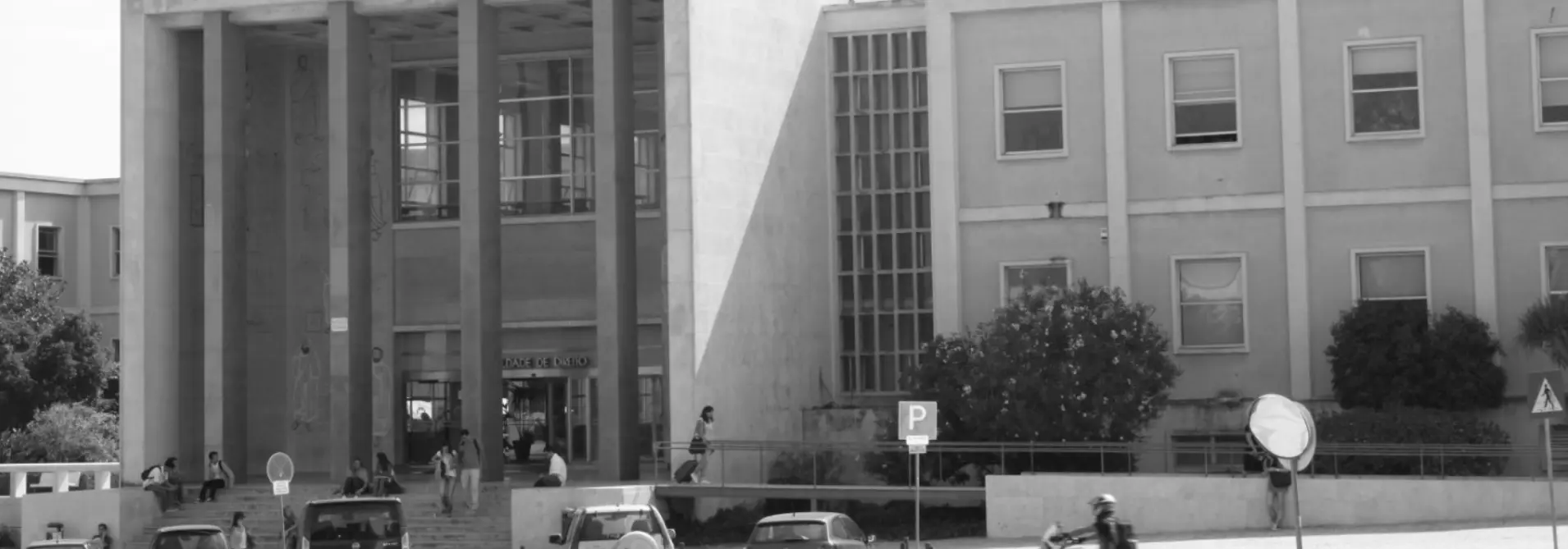TC – Case No. 55/2023; Ruling No. 503/2024
Through Ruling No. 503/2024, in Plenary, the Constitutional Court pointed out the unconstitutionality of a norm arising from an interpretative provision that established the retroactive application of Stamp Duty on transactions between banking entities involving card operations at ATMs and a multilateral interchange fee. This was an abstract review process following the previous ruling of the same norm as unconstitutional in three distinct cases of concrete review.
The decision is based on the constitutionality control of the norm that mandated Stamp Duty to apply to “commissions and payments for financial services” that, until that date, were not covered, arising from Article 154 of Law No. 7-A/2016, of March 30, (State Budget for 2016), in the part that attributed an interpretative nature to the wording given by Article 153 of that Law to Item 17.3.4 of the General Stamp Duty Table (TGIS).
In turn, the wording of Item No. 17.3.4 of the General Stamp Duty Table was amended by Article 153 of the mentioned Law. The provision that Stamp Duty would apply to “17 – Financial operations: (…) 17.3.4 – Other commissions and payments for financial services... 4%” was changed to indicate its application to “17.3.4 - Other commissions and payments for financial services, including fees related to card-based payment transactions... 4%.”
The underlying issue of the ruling concerns the constitutional review of interpretative norms in tax matters. Regarding interpretative norms, the Court stated that “in contrast to innovative law, they aim or declare to ‘intend to establish only the correct meaning of a prior normative act,’ not creating ‘new rights, but rather seeking to clarify the ‘correct’ meaning of pre-existing law.”
The ruling noted that “paragraph 3 of Article 103 of the Constitution does not automatically and absolutely prohibit the adoption of interpretative laws in tax matters, even if unfavourable to their recipients.” However, there must be control regarding compliance with the non-retroactivity rule concerning “innovative norms to which the legislator, abusing the qualification as interpretative, seeks to assign authentically retroactive effectiveness,” as observed in this case.
The Court concluded that, although it was facing an interpretative law, there was an intent to innovate regarding the collection of a tax with retroactive application, in violation of paragraph 3 of Article 103 of the Constitution of the Republic.
Therefore, the Court decided to “declare the unconstitutionality, with general binding effect, of the norm in Article 154 of Law No. 7-A/2016, of March 30, in the part where it assigns an interpretative character to the wording given by Article 153 of that Law to Item 17.3.4 of the TGIS, determining that amounts charged between banking entities, prior to the entry into force of that Law, for card transactions at ATMs and as a multilateral interchange fee, are covered by this item, in violation of the prohibition against creating retroactive taxes established in Article 103, paragraph 3, of the Constitution.” It is important to highlight that there was a dissenting opinion by Councillor António Ascensão Ramos. The dissent primarily argued that the new wording given to item 17.3.4 of the TGIS by Article 153 of Law No. 7-A/2016, of March 30, could not be considered a “materially innovative” norm, as it cannot be considered that the previous normative provision did not address the incidence of tax on “TMI commissions (Multilateral Interchange Fee) and TSC (Merchant Service Fee)” and that such understanding could not be extracted from the legal framework in force until that point.
We invite everyone to follow the Observatório on social media for more relevant and up-to-date content on Constitutional Justice.
The full text of the ruling is available here.



